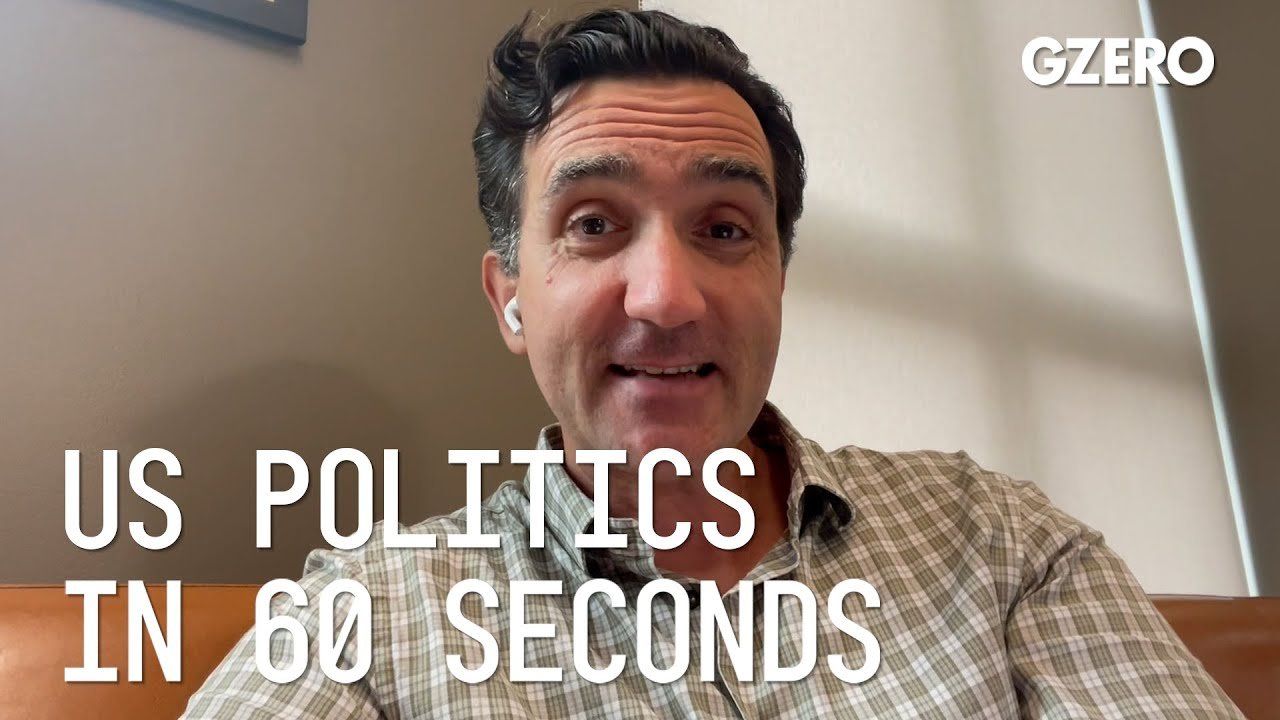
Jon Lieber, head of Eurasia Group's coverage of political and policy developments in Washington, shares his perspective on US politics.
What are the implications of the Trump indictment?
Former President Trump has now been indicted for a second time in the last several months, this time by federal prosecutors who are investigating a case of mishandled documents, a very serious crime in federal law. There are several questions that are going to make a difference here, though.
The first is the timing. How quickly can Trump have a trial? Does it happen quickly in the next six months or so, in which case it will land right in the middle of the Republican nominating process? Or is he able to delay the process until after well into next year, potentially after the 2024 presidential election? The implications of those two scenarios are very different for the former president. If it's a quick trial, this is going to be the dominant issue and he may actually be potentially found guilty and sent to jail before the election. If it's a later trial, this is probably just more background noise, and it doesn't affect him as directly.
The second question is, can the DOJ find a jury that is unbiased? This is the most famous man in the world, everyone knows who he is, everyone has an opinion about him, are they going to be able to find a jury that can fairly prosecute this case? If they can't, Trump may be able to claim a mistrial and we may have a long, drawn-out process here of appeals.
The third question is, what does this mean for Trump in the presidential primary? It probably makes him stronger. You have, even Republicans like Virginia Governor Glenn Youngkin coming out and attacking the DOJ for these charges, and what we saw after Trump was indicted in New York was that his approval ratings within the Republican Party and his polling lead over his closest rival, Ron DeSantis, went up.
The fourth question is, what does this mean for law enforcement long-term? On the one hand, the special counsel bringing these charges proves that no man is above the law and holds Trump accountable for what seemed like very serious and plausible violations of federal law. On the other hand, you have one of America's two major political parties making broadside attacks against the Department of Justice and federal law enforcement, which is going to erode trust in those institutions over a long-time frame, no matter how just and righteous the charges against President Trump might end up being. Thanks for watching.
This has been US politics in (a little over) 60 Seconds.